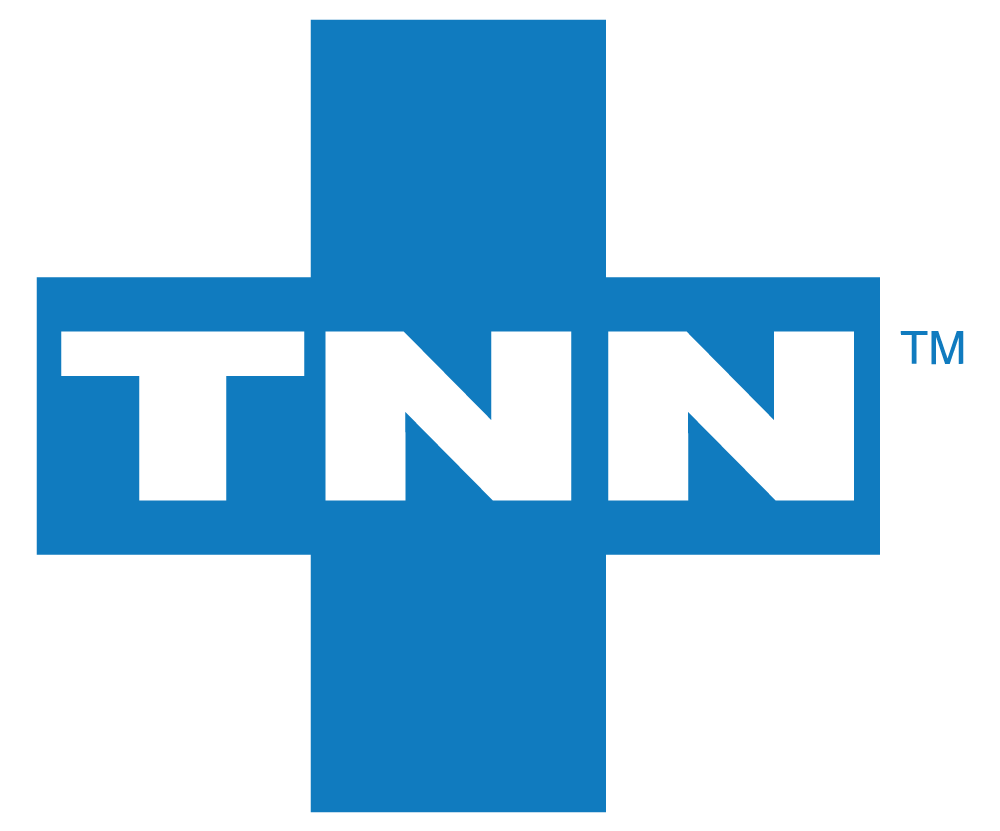
TNN Bulletin
Registered Nursing is one of the most important professions in healthcare. This field offers a great deal of opportunity to those who want to make a career out of providing care and service to others. In this article, we will explore the what, why, and how of Registered Nursing: how it works, why it is essential to our health system, and what makes it such an attractive profession. We will also examine the various roles and responsibilities involved in becoming a Registered Nurse. So read on if you want to learn more about this incredible medical career!
What’s a Registered Nurse?
A Registered Nurse (RN) is an advanced practice nurse who provides care for individuals, families, and communities. RNs play an important role in the health care industry and can work in hospitals, nursing homes, clinics, and home health care settings.
Healthcare has the biggest workforce of any sector, and nurses are at its core. They provide the majority of care for patients in hospitals and deliver a large proportion of long-term care for the nation. According to the American Association of Colleges of Nursing (AACN), nursing is the biggest healthcare field in the US, with over 4.2 million licensed RNs. According to official records, 84.1% of all registered nurses are employed in this profession. The government expects that at least 203,000 new RN jobs will be created each year between 2021 and 2031.
Becoming a registered nurse (RN) is a rewarding decision that offers a variety of opportunities in the healthcare field. RNs provide critical care and support to those who are ill or injured, while also serving as advocates for their patients. This article will explore some of the reasons why becoming an RN may be the right choice for you.
RNs have unparalleled job security, as there is always an increased need for nurses due to population growth, increased life expectancy, and advancements in medical technology. Additionally, nurses offer vital aid and support to those in dire need and can often make a major impact on individuals’ lives. Nurses may also specialize within fields such as gerontology or pediatrics, allowing them to focus on providing more specialized care based on specific patient needs.
The nursing profession offers competitive salaries as well as numerous opportunities for growth and advancement. With further education and experience, nurses can move up the chain of command in healthcare facilities or pursue leadership roles such as nurse educators or nurse practitioners.
In addition to these rewards, nursing provides a unique platform for humanitarianism and developing relationships with patients, colleagues, families, and community members. This can be incredibly fulfilling on both professional and personal levels – knowing that one has contributed to someone else’s health and well-being through compassionate caregiving is immeasurable!
For these reasons (and many more!), nursing can be an enriching career path with countless possibilities for achieving personal fulfillment while making a meaningful impact on the lives of others.
How to Become a Registered Nurse?
A Registered Nurse (RN) is a health care professional who has earned a Bachelor of Science in Nursing (BSN). This degree can be completed in two to three years depending on the program and educational institution. With it, Registered Nurses are equipped with the knowledge and skills necessary to provide direct patient care as well as work with other health professionals to ensure quality patient outcomes. Nurses also play a role in educating patients and family members on health promotion, disease prevention, and management of illnesses.
Based on Regis College, becoming a registered nurse typically takes between 16 months and four years, depending on the specific nursing program you choose to enroll in.
If you are looking for the fastest way to become a registered nurse, there are a few key steps to take.
First, it’s important to understand the requirements for becoming an RN in your state or country. Depending on where you live, these requirements may vary significantly. Generally speaking, you will need to gain an associate or bachelor’s degree in nursing, obtain a license from your local nursing board, and pass the National Council Licensure Examination (NCLEX-RN).
Second, enroll in a quality nursing program at an accredited institution that offers both theoretical and clinical coursework. Successfully complete all required classes with good grades to increase your chances of passing the licensure exam on your first attempt.
Third, prepare thoroughly for the NCLEX-RN exam by studying sample questions and taking practice tests. This will help you identify any areas needing improvement and understand what type of questions to expect on the actual test.
Finally, apply for licensure in your state or country once all credits have been earned and courses completed. It’s important to submit applications as soon as possible after graduation since licensure decisions can take some time to process. Once granted a license, you can begin practicing as a Registered Nurse with confidence!
What Registered Nurses Do?
Registered nurses (RNs) are highly skilled medical professionals who provide quality care for patients in a variety of settings. They may work in healthcare facilities such as hospitals, long-term care facilities, home healthcare venues, or mental health clinics, and specialize in areas such as pediatrics, gerontology, oncology, and obstetrics.
RNs typically manage and coordinate patient care, educate patients on topics related to their health and wellbeing, conduct diagnostic tests and interpret results, observe symptoms and reactions to treatment plans, administer medications and treatments, and develop nursing care plans for various conditions or diseases.
Additionally, registered nurses often collaborate with other healthcare providers such as doctors and social workers to create comprehensive treatment plans. They also educate the public about health-related topics and provide support to patients in need. Their work is incredibly important as they play an integral role in promoting wellness throughout their communities.
How Much a Registered Nurse Make?
Registered Nurses are among the most important and in-demand healthcare professionals. They provide a vital role in providing medical care to patients, helping to coordinate their care, and providing emotional support.
In terms of salary, they often make competitive salaries depending on their experience and specialty.
According to the Bureau of Labor Statistics, registered nurses earned an average annual salary of $73,300 in May 2019. This is not only higher than the median income for all occupations but is also more than double the median wage for all other healthcare practitioners and technical occupations. With so much potential salary growth and numerous job opportunities, becoming a registered nurse can be a rewarding career path.
Based on reports from NursingProcess.org, on average, the starting salary of a registered nurse in the US is around $59,450. Various elements come into play when calculating the exact amount, such as the state and area of work, type of job, part-time/full-time status, specialty certifications held and kind of nursing program finished.
In California
Nurses in California are making an average of $124,000 per year in May 2021, the highest salary rate among all states according to the Bureau of Labor Statistics.
In Indiana
Indiana Registered Nurses earn an average annual salary of $74,476. In Indiana, Registered. With a degree in nursing or a relevant healthcare field, and experience in the industry, Registered Nurses in Indiana enjoy high wages and job stability.
In Washington State
Nurses in Washington State are highly valued for their work and dedication to healthcare. The Registered Nurses here earn an impressive $95,350 a year on average, making them among the highest-paid nurses in the nation. Their knowledge, skills, and commitment to providing quality patient care is highly sought after and much appreciated.
In Illinois
Registered nurses in the state of Illinois are well-compensated for their work, earning an average annual salary of $77,871.
In Virginia
Registered nurses in Virginia earns an average annual salary of $75,696. Beyond providing essential services to those in greatest need of medical care, they serve as a crucial link between patients and their physicians. Their work is invaluable and their overall impact on society has been tremendous.
In Georgia
The average annual salary for a registered nurse in Georgia is $79,767, and the income range depends on experience and qualifications.
In Houston Texas
Registered nurses in Texas are highly sought after and earn an average annual salary of $79,518. The income range depends on experience and qualifications, but many registered nurses here enjoy a very competitive compensation package. A career as a registered nurse provides job satisfaction and financial security, making it an attractive opportunity to many.
In Idaho
Registered nurses in Texas enjoy a competitive salary that averages $79,870 per year.
A nursing career is a rewarding and enriching decision for those interested in providing care and service to others. In order to become an RN, you must complete an Associate’s Degree in Nursing, which typically takes between 16 months and four years.
Registered Nurses provide vital aid and support to patients and their families while also serving as advocates for them. Not only do they experience job security due to the growing demand of healthcare professionals, they can specialize within fields such as gerontology or pediatrics and may pursue leadership roles such as nurse educators or nurse practitioners. Most importantly, nurses get the unparalleled satisfaction of knowing that they are making a difference in people’s lives each day!
Becoming a part of the Total Nurses Network family is an amazing opportunity for nurses to connect with other healthcare professionals, gain access to resources and advice, and make a positive impact on global healthcare. With Total Nurses Network, you can find resources to help you in your current career while also planning for future opportunities. Be a part of a community that values collaboration, excellence, and knowledge-sharing – join Total Nurses Network today!








